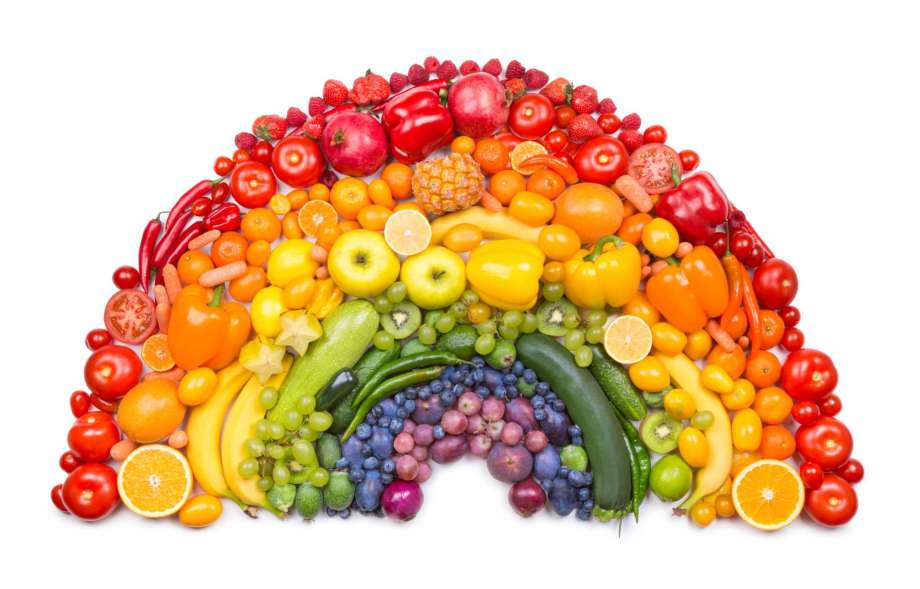We never thought too much about it when we were kids; why we needed to eat those odd-tasting Flintstone characters every day to stay healthy. Eventually many of us grew out of taking them as we aged into adults: vitamins. Today, the media makes them out to be useless and a waste of money, but is that the honest truth? No, it is not. The truth is, without the 13 most important vitamins, you would not be able to survive. We do get most of these in the food we eat, however, most of the time the amounts of these vitamins we receive from the food we eat is not actually enough to achieve optimal health. Beyond the basic reason of need, vitamins also provide a myriad of advantages in their own ways, and without the optimal level of these vitamins, you are easily skipping out on the extra perks that come with them. 
Not only do fully grown adults require vitamins for optimal health, but young children from toddler age all the way to adolescent teens depend on vitamins due to how vital they are to growth processes. Toddler vitamins are a thing. In fact, doctors recommend them to toddler age children. Vitamin D, Vitamin K, Vitamin C, and Vitamin A are all required to be at optimum levels in a child for their bones to develop and grow to the proper size. Vitamin C also plays a huge role in the child’s developing immune system and healing processes. Vitamin B complexes regulate a child’s metabolism and are a crucial component to the process of production of energy. In addition, Vitamin B is imperative to the nervous system processes, particularly the message passage from the brain to your child’s organs.
A vitamin that cannot easily be found in much of the food we consume would be your Vitamin D. Without Vitamin D, all that calcium from the milk you drink is absolutely useless. That’s right, calcium and phosphate cannot be absorbed without Vitamin D. Why do we care? Osteoporosis, broken bones, weakened immune systems, and slow cognitive functioning are all huge reasons why the optimal amount of Vitamin D is required each day. Your body gets more Vitamin D from the sun than anywhere else. That means if you never go out into the sun, you might be Vitamin D deficient and need to consume it in a supplement or multivitamin. Taking vitamins ensures that you will be getting enough Vitamin D to allow calcium and phosphates to do their jobs.
The top killer among Americans is heart disease as of the present day. Getting all of your vitamins by both the food you eat and a multivitamin that you take can lower your death risk from heart disease by 16 percent. In addition, adding more vitamin E to the tune of 320 IU daily can lower that risk even more, specifically by 28 percent; lowering your chance of dying from heart disease by nearly a third (American Journal of Epidemiology). Another silent killer among the population is cancer. Aside from prostate cancer, The Physicians’ Health Study showed results of a risk reduction of 12 percent for all other types of cancers for those who regularly take multivitamins (Journal of the American Medical Association).
Another problem that is widely common in America is obesity; two-thirds of the American adult population are obese and one-third of the child population of America are obese to be exact. Taking vitamins is no get skinny quick scheme; though vitamins are essential to regulating one’s metabolism, which directly influences the rate at which calories are burned off. Beyond that, research shows that fairly trivial shortcomings in specific nutrients can actually interfere with the process of some hormones operations. One important task hormones regulate is turning off hunger while you are eating and after your meals. In other words, lack of vitamins can make you feel more hungry than usual, and the result of that is typically overeating. Combined with a well-balanced diet regime and exercise program, a multivitamin can help overweight and obese individuals lose weight easier.











